The most underrated investing skill 🧠
<5 min read
Why does most investors underperform the market, while other outperform for decades?
The average investor underperforms substantially, we have all seen the statistics:
Other investors are able to create immense wealth by investing in the stock market. What is the main factor behind this dichotomy?
Main reason: Great investors are able to go against their own psychology instead of being a victim of it. In investing this translates to the ability to buy stocks when they are depressed and sell stocks when they are euphoric. In other words, being counter-cyclical to the market and not respond to feelings of “fear of missing out”.
First, we must become aware that we are making automatic cognitive decisions that are affecting our results. Often, these mechanisms are in our subconscious, meaning that we are not conscious that we are making decisions based on faulty thinking.
Second, we have to create habits to counter these cognitive biases. A great example of this is to implement a checklist before investing in a business.
“The first principle is that you must not fool yourself — and you are the easiest person to fool” - Richard Feynman
To understand these cognitive biases, we must understand the basics of how our mind and decision-making processes work. Our brains are constantly trying to simplify the world around us by making heuristic rules to follow. Staying in line with these rules gives us cognitive ease of mind.
Cognitive ease is a desired state of mind that is associated with us acting and thinking in alignment with our values and beliefs. Our minds are constantly seeking this state.
Cognitive dissonance is the opposite of ease, this is a state where we feel a cognitive discomfort because our actions or thoughts are not in alignment with our values and beliefs. Our minds are constantly trying to reduce this state.
This is the basic mechanism of why we have cognitive biases. Now, let’s dig into the 6 most common biases that are affecting us as investors. Working on these biases is essential if you want to become an elite-level investor.
Here are 6 important cognitive biases investors must know:
Regression to the mean
We are always seeking patterns and cause-and-effect relationships. Our brains are hard-wired to look for this, and it often results in us attributing a cause-and-effect relationship to something that is just a random correlation.
One common mistake investors make with this bias is to believe that a company’s performance will revert to the mean. This can be the company’s stock performance, earnings, revenues, or cash flows. We assume that businesses that are overperforming will revert back the an average return, and we assume that businesses that are underperforming will revert back to their former glory.
The two mistakes can be equally damaging to your returns:
Assuming an above-average business will revert back to the average. Without looking at the facts we can assume that this will happen because it happens to most companies. However, the best businesses defy mean reversion and continue to deliver above-average returns for decades. These are the businesses we are looking for.
Assuming a below-average business will revert back to the average. If this thesis is not supported by the facts, the business can just as easily continue to fall in quality, growth, and market share until it goes out of business. Sometimes, these businesses will be misunderstood, and great turnaround opportunities, but never assume that a business will get back to its former glory without substantial proof.
The illusion of skill
The illusion of skill is a cognitive bias that is connected to a concept called “Mental filtering”. We tend to attribute our successful investments to our skill as stock pickers while attributing disastrous investments to randomness or being unlucky.
This creates the illusion of skill, we believe that we are far better investors than we actually are. This lack of intellectual humility can lead to disaster in investing.
The truth is that randomness plays a huge role in the outcome of our investments. We need rational rules and investing processes in place to achieve superior returns.
The Dunning-Kruger effect applies:
Halo Effect
The halo effect describes how we might like everything or nothing about something. If we look at a company, and we don’t like the CEO, this can cloud our judgment and write the company off, even if there are several positive signals from the business.
It is challenging for our brain to not think in absolutes, or in black or white. We have to be disciplined in how we research stocks to not get misguided by our own cognition.
A common mistake is to follow a charismatic leader religiously without looking at the underlying business. This effect has caused huge losses for investors in the past.
WYSIATI
“What you see is all there is” is a cognitive bias. We all have blind spots. We seldom hold all the relevant information when making investing decisions, and it can be hard to challenge our own assumptions.
The danger from this bias comes as our confidence increases as we only hear one side of the story. Our so-called “conviction” can simply be that we have only allowed our brains to absorb the “bull-case”, and not the “bear-case” to get a more nuanced view of an investment.
Keep in mind, that for most investment cases, your knowledge of the company’s situation is only a small percentage of the overall context:
Anchoring
The first information about a subject that enters our minds is the information and opinion we are most likely to stick with. In investing, anchoring stock prices is a normal phenomenon. We know that PayPal used to trade at +$300 per share and that it is now $50 per share. Therefore, we think the probability of PayPal getting back to the anchored price is higher than it continuing to trend down.
This can be true, but we should base that assumption on facts, not anchoring. This is why investors should always look at the intrinsic value of a business, and try to determine the probability of a high-return outcome, vs. the risk of a low-return outcome.
Hindsight Bias
In hindsight, everyone is a genius. We see a lot of this on social media, investors make a post about PayPal, or Enphase Energy, where they claim that the decline was obvious. And yes, everything is obvious when you have the facts in front of you.
The risk from this bias comes, as we believe we will be able to predict the next recession, the next big turnaround (Like for Meta Platforms), or the next bull run. We won’t. If you were able to do this with any form of certainty, we would quickly become very rich.
Instead of being geniuses in hindsight, let’s focus on building investment cases on rational objective facts and assign a probability to the outcome. Being a hindsight genius is an ego game, not one that we should play if we want to achieve riches in the market.
Conclusion
To become a great investor, you need to study the different cognitive biases that make most investors poor at this game. If you are unaware of these biases, you will be a slave to them. If you are aware, and create systems and investing processes to counter them, you have a higher probability of being successful in investing.
The art of becoming a more effective thinker will not only make you a better investor, but it is translatable to other parts of your life. Your 9-5, personal finances, and networking will all benefit from this skill.
A great place to start is to listen to Charlie Munger’s “Psychology of Human Misjudgement” and internalize the lessons from that talk.
If you liked this article, please leave a like and a comment telling me what you enjoyed.
All the best,
Invest In Assets
Whenever you are ready, this is how I can help you:
Essentials of Quality Growth — Join more than 200 investors who have bought the guide. Essentials of Quality Growth Investing is a multi-step guide for building a stock market portfolio of 10-20 high-performing quality compounders.
(Free) Valuation Cheat Sheet — Learn an easy and reliable method of valuing a business. Learn how to set a margin of safety for your investments.
(Free) How to identify a compounder — Learn how to effectively look for great companies that you can buy and hold for the long term.
Promote yourself to +5,000 stock market investors (48% open rate) — Contact us via: investinassets20@gmail.com



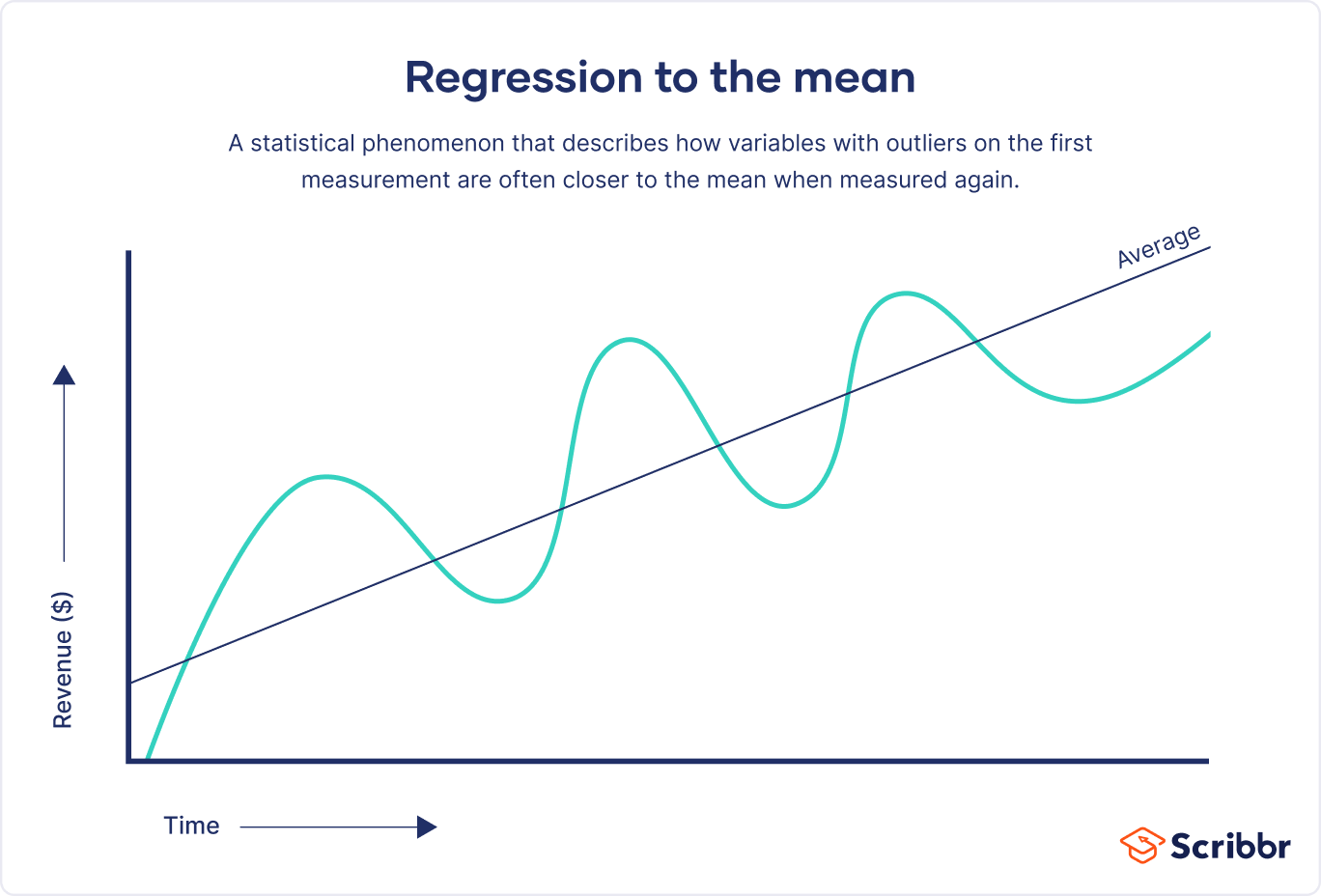
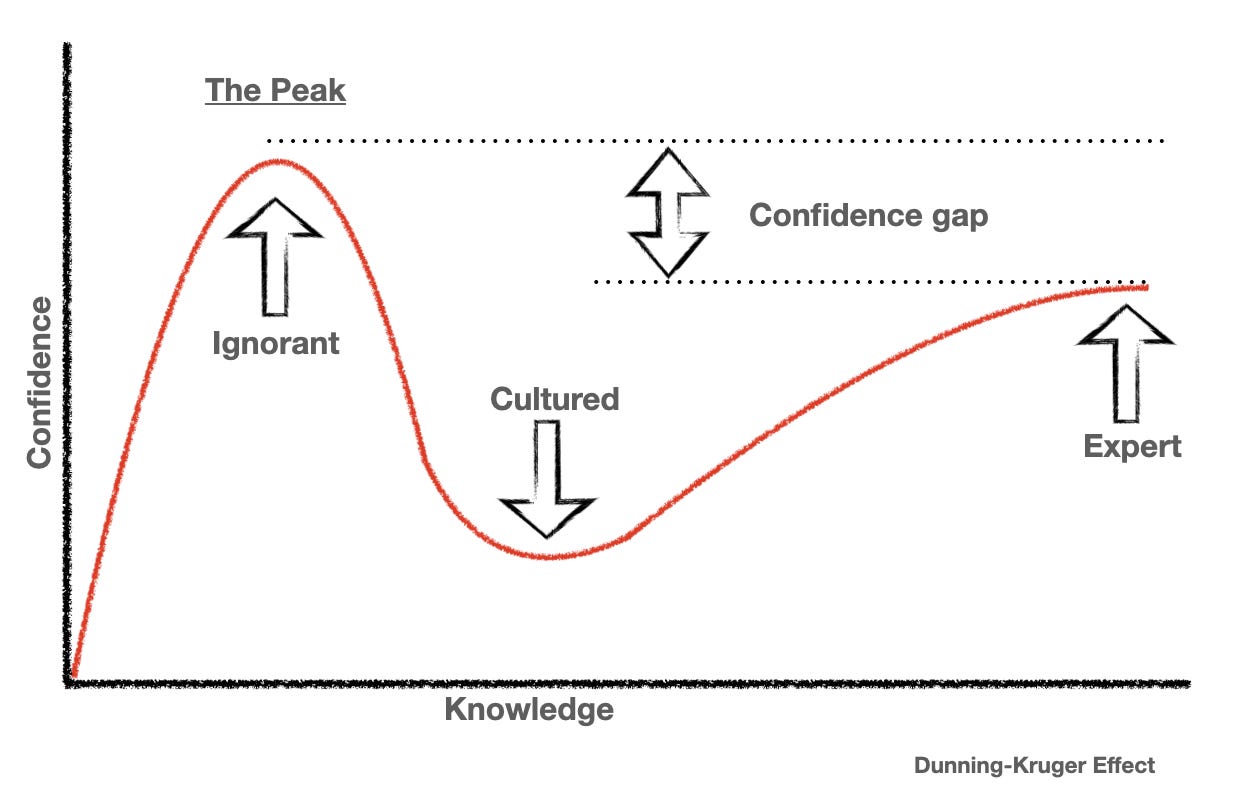
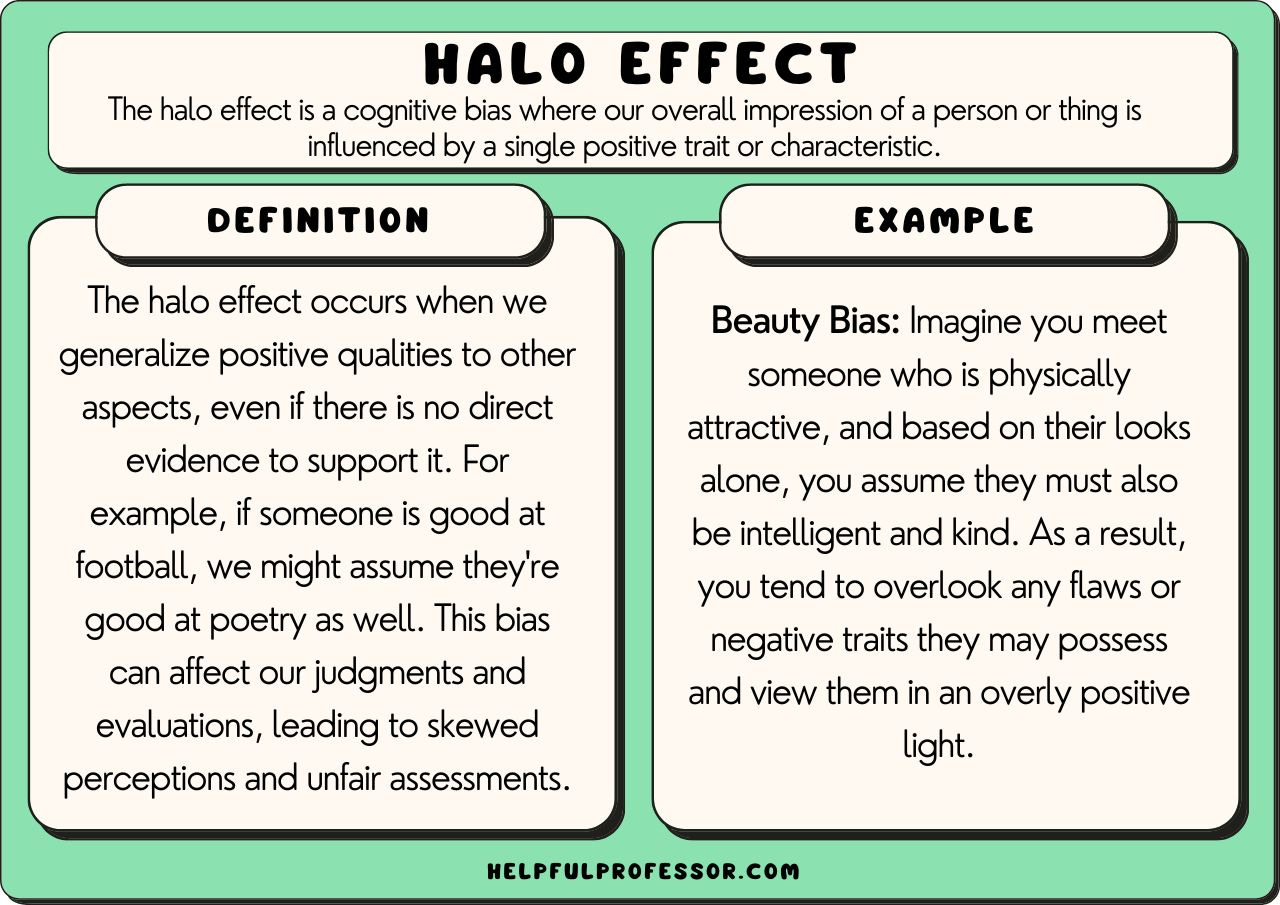
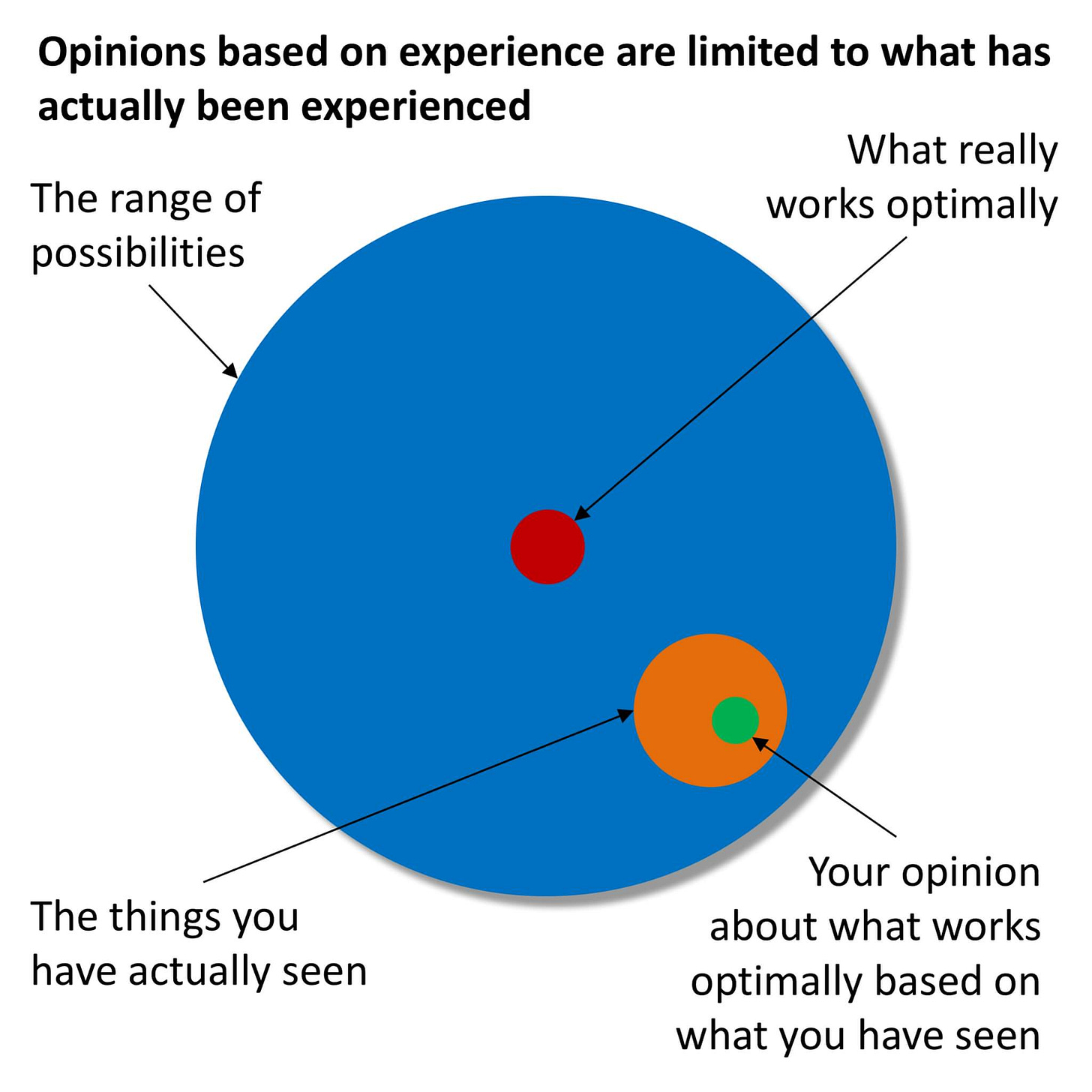
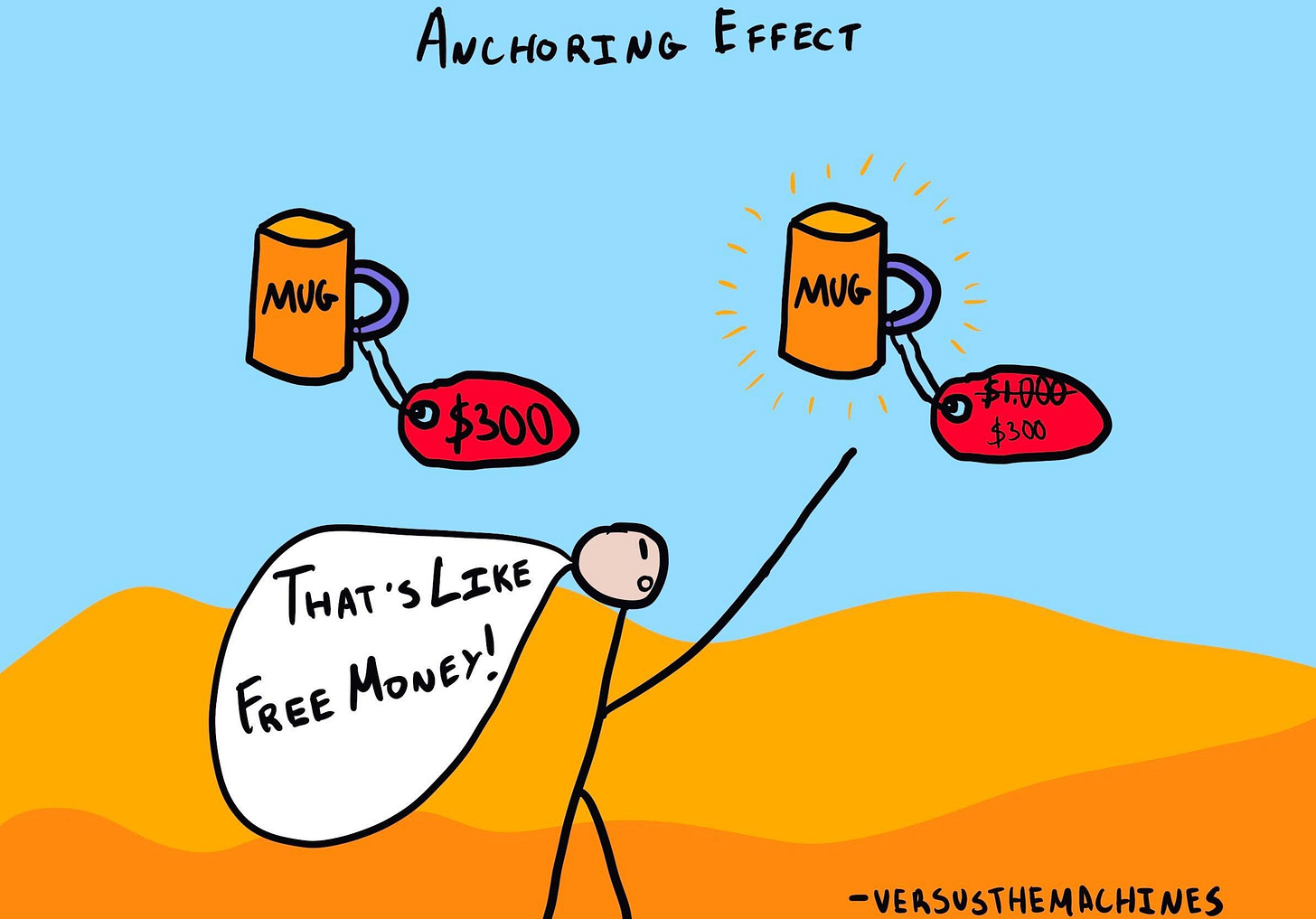
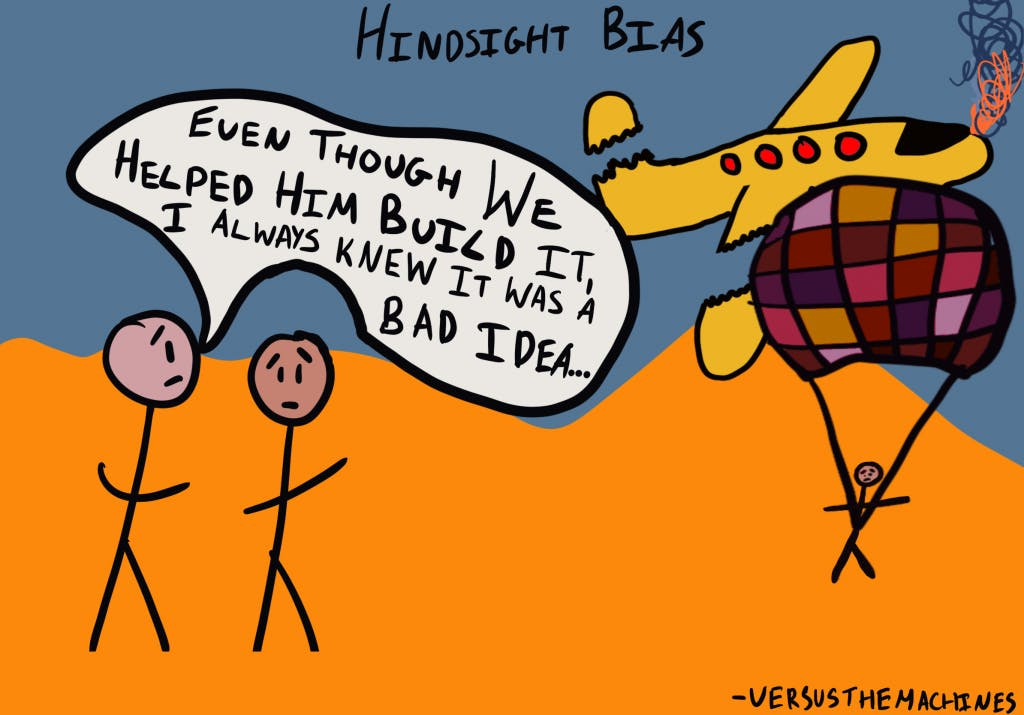
Great article..Ty